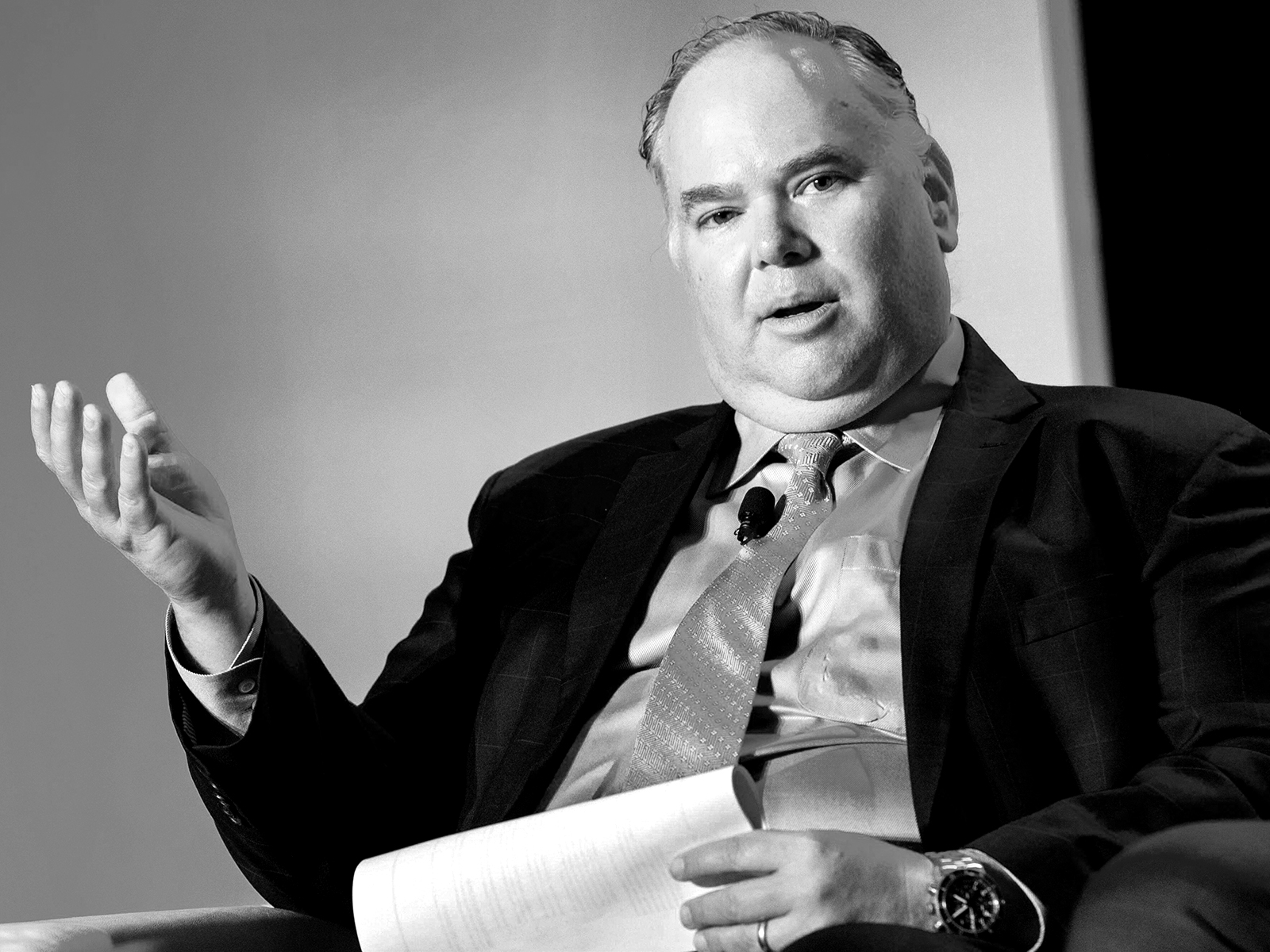Barry Biffle, CEO and President of Frontier Airlines since 2016, has become a prominent figure in the airline industry, known for his aggressive pursuit of the ultra-low-cost carrier (ULCC) model. His leadership has steered Frontier through a period of rapid expansion, a failed merger with Spirit Airlines, and the turbulent waters of a volatile aviation market. But what truly defines Biffle’s legacy? This article delves into his strategic vision, the challenges he faces, and the potential disruption he may bring to transatlantic travel.
Steering Frontier Through Turbulence: Biffle’s Leadership
Biffle’s tenure at Frontier began in 2014 as President, before ascending to the CEO role two years later. Since then, he has reshaped the airline into a key player in the ULCC arena. His approach, centered around a la carte pricing and operational efficiency, offers rock-bottom fares that appeal to budget-conscious travelers. This “unbundling” strategy, allowing passengers to choose and pay for only the extras they need (like checked bags or seat selection), has been instrumental in keeping Frontier profitable. However, this model also raises questions about the future of customer experience in the ULCC era, a topic debated among industry experts and frequent flyers alike. [https://www.btplusone.com/]
The Ultra-Low-Cost Architect: Biffle’s Strategy
Biffle’s strategy hinges on providing choices. Much like a restaurant menu, the base fare covers the essential flight, while additional services come at an extra cost. This allows Frontier to maintain competitive base fares while generating ancillary revenue. Beyond pricing, Biffle has overseen significant fleet expansion, focusing on fuel-efficient Airbus A320 family aircraft, including the A321XLR. These modern planes contribute not only to environmental sustainability but also to cost reduction, further enabling lower fares. [https://www.btplusone.com/]
Biffle’s Transatlantic Gamble: European Expansion
Perhaps Biffle’s most audacious move is his pursuit of transatlantic flights to Europe. Despite industry skepticism, he believes the A321XLR can unlock budget-friendly transatlantic travel, potentially disrupting the existing market. This ambitious plan suggests a future where affordable long-haul flights become more accessible, challenging the dominance of traditional airlines. The success of such a venture, however, remains to be seen, depending on factors such as fuel costs, consumer demand, and regulatory hurdles. [https://www.btplusone.com/]
Biffle’s Compensation and the Spirit Merger Fallout
In 2022, Biffle earned a total compensation of $3.6 million. A significant portion of this is tied to Frontier’s stock performance, aligning his financial success with that of the airline. The proposed merger with Spirit Airlines, though ultimately unsuccessful, likely played a role in this compensation structure. The failed merger underscores the complexities of the airline industry and the challenges of consolidation in a competitive landscape. What the future holds for Biffle’s compensation and Frontier’s growth strategy in the wake of this setback remains a subject of ongoing speculation. [https://www.btplusone.com/]
Contacting Barry Biffle: Navigating the Corporate Hierarchy
While reaching Biffle directly might be challenging, understanding the appropriate channels can increase your chances of having your message heard. For routine inquiries or customer service issues, Frontier’s established channels (website, customer service line, online chat) are the most efficient routes. [https://www.btplusone.com/]
For matters requiring executive attention, such as media inquiries or significant ethical concerns, considering Frontier’s Investor Relations department or leveraging social media platforms like LinkedIn or Twitter might be more effective. Building connections within the airline industry through networking can also offer potential pathways to reaching Biffle or his office. [https://www.btplusone.com/]
The Future of Frontier: Navigating an Uncertain Landscape
Biffle’s vision for Frontier Airlines is clear: to be a leading force in ultra-low-cost travel. His focus on efficiency, expansion, and innovative pricing strategies positions the airline for continued growth. However, the challenges of navigating a volatile market, addressing customer experience concerns, and achieving sustainable profitability remain. The future of Frontier, and indeed the ULCC model as a whole, will likely depend on Biffle’s ability to adapt to evolving consumer preferences and navigate the ever-changing dynamics of the airline industry.










